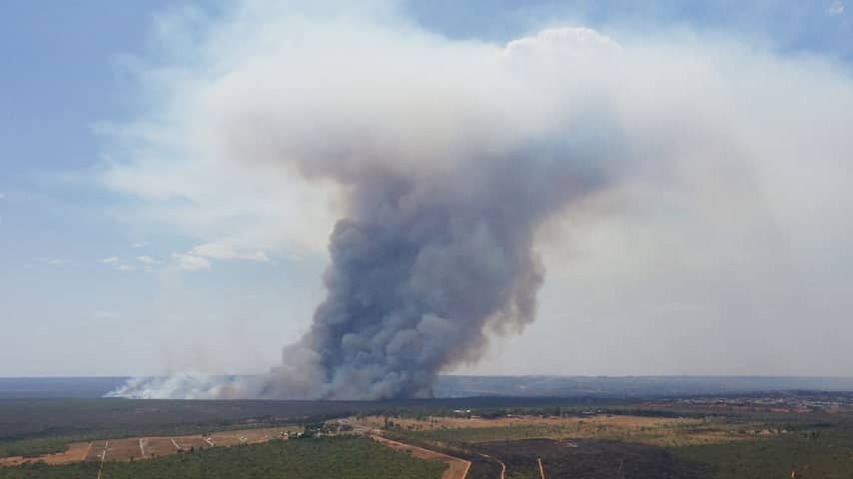
In 2024, more forests were lost worldwide due to wildfires than ever previously recorded. For the first time, agriculture was not the primary cause; instead, heat and drought were the main factors igniting the fires. Latin America was the most severely affected.
The number of fires in tropical rainforests surged by 80 percent in 2024, according to a report by the World Resources Institute (WRI) and the University of Maryland. The Amazon rainforest, in particular, suffered greatly. In total, a tropical area the size of Panama was lost globally.
Notably, for the first time since measurements began, agriculture is not the leading cause of tropical forest loss. In previous years, farmers often set fire to forest areas to create grazing land for cattle. However, in 2024, drought and heat were the primary causes of fires. This is significant because rainforests are typically moist ecosystems not naturally prone to fire.
The largest area of loss occurred in Brazil, which holds the largest tropical forest area in the world. In 2023, President Luiz Inácio Lula da Silva had managed to reduce deforestation somewhat. However, in 2024, the figures rose sharply again.
Following Brazil, Bolivia was the hardest hit. Previously, the Democratic Republic of Congo held the second position. In Bolivia, three times as much forest area was lost compared to the previous year, due to a combination of drought and fires, but also the expansion of agricultural areas, which was encouraged by the government.
At COP30 in Brazil, President Lula Wants to Draw Attention to the Rainforest
Outside the tropics, 2024 was also a record year. Canada and Russia, the two countries with the largest taiga regions, each lost an area of approximately 5.2 million hectares. For comparison, the Netherlands is about 4.2 million hectares in size, including water areas.
Due to the global wildfires, 4.1 gigatons of greenhouse gases were released into the atmosphere in 2024. That is four times the emissions caused by aviation in 2023. These greenhouse gases, in turn, accelerate climate warming, which leads to more drought and extreme weather.
Later this year, the COP30 climate summit will take place in Belém, in the Amazon region of Brazil. There, President Lula wants to draw attention to the role of the rainforest. Rod Taylor, who is responsible for forest area at the WRI, states that there must be mechanisms to reward forest conservation. “Because at the moment, there is more money to be made from cutting down trees than from leaving them standing.”